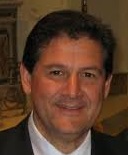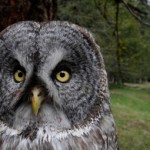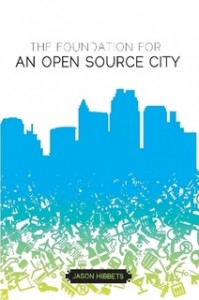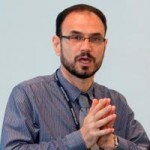
Open source key to preserving human history, argues Vatican
LAS VEGAS: Open source file formats are the only reliable way for humanity to preserve its history in the digital age, according to Vatican Library CIO Luciano Ammenti. Ammenti made the argument during a press session at EMC World attended by V3, citing his experience digitising the Vatican's 82,000 manuscripts as proof. . . . . . Ammenti explained that, in order for the manuscripts to be readable, the Vatican Library opted for open source tools that do not require proprietary platforms, such as Microsoft Office, to be read. “We save it as a picture as it's longer life than a file. You don't rely on PowerPoint or Word. In 50 years they can still just look at it,” he said.







